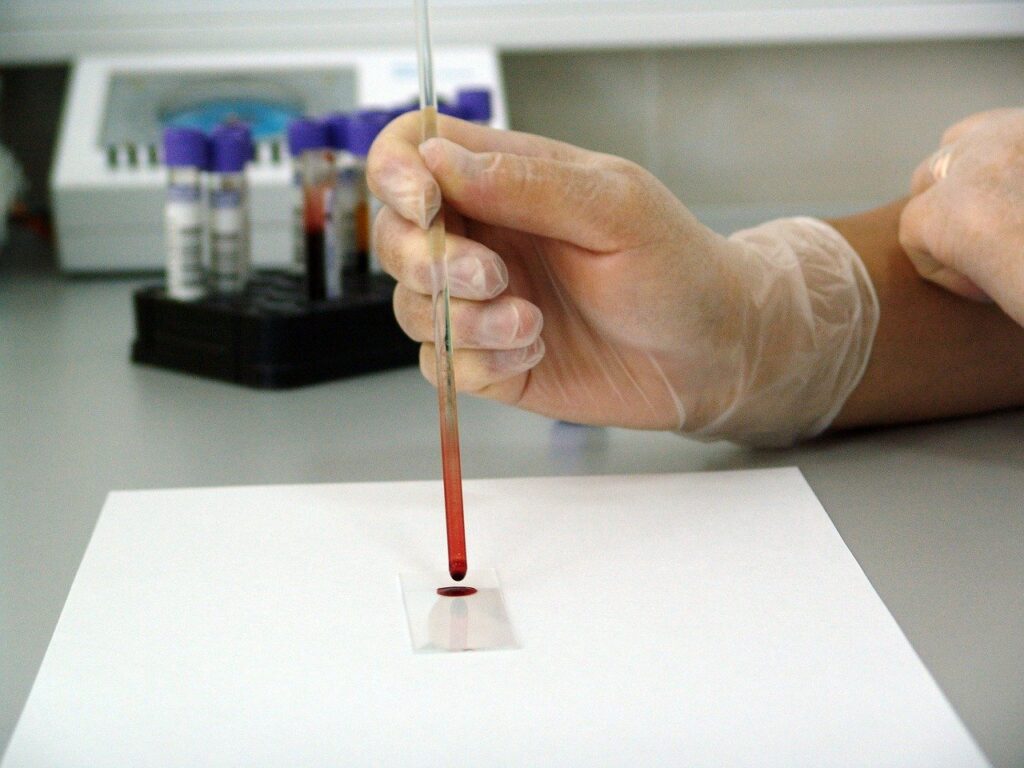Glioblastoma is a highly malignant and aggressive brain cancer. With a 5-year survival rate of under 10%, there is an urgent need for newer and more effective diagnostic and treatment options. According to Technology Networks, researchers from the University of Sussex are currently working to improve the diagnostic journey for glioblastoma with a novel blood test. In particular, these researchers are developing a blood test which can identify potential biomarkers associated with glioblastoma.
Diagnostic Blood Test
So why exactly is there a need for new diagnostic and treatment options? To begin, available diagnostic options may take time, preventing early treatment that could improve patient outcomes. Current diagnostic options include MRIs, CT scans, and tissue biopsies. Liquid biopsies, such as those done through blood tests and blood samples, could provide a more efficient and less invasive option.
Professor Georgios Giamas has been working towards these liquid biopsies for years. In 2019, Giamas and his research team identified inflammatory biomarker signatures within extracellular vesicles associated with glioblastoma. To learn more about these inflammatory biomarkers, take a look at the study findings published in Biomedicines.
More recently, Giamas received funding to further identify glioblastoma biomarkers and develop liquid biopsies. The funding will help Giamas and his team evaluate various glioblastoma blood samples to gain more insights into these biomarkers. Additionally, this study will look into whether treating glioblastoma influences the biomarkers in any way.
What is Glioblastoma?
Approximately 20% of all brain tumors are glioblastomas, a rare astrocytoma (brain cancer forming in astrocyte cells). This tumor usually affects the cerebrum or spinal cord and is highly malignant. Glioblastoma tumors can make their own blood supply, helping them grow and spread. While doctors are not sure what causes glioblastoma, being male, having pre-existing genetic conditions, and radiation therapy are all risk factors. Unfortunately, the prognosis for glioblastoma is not promising; the average survival time is 12-18 months following diagnosis (with treatment), with only 25% of patients surviving for 1+ years. Symptoms associated with glioblastoma include:
- Changes in mood, behavior, or personality
- Difficulty thinking or speaking
- Appetite loss
- Nausea and vomiting
- Persistent and painful headaches
- Double or blurred vision
- Seizures






